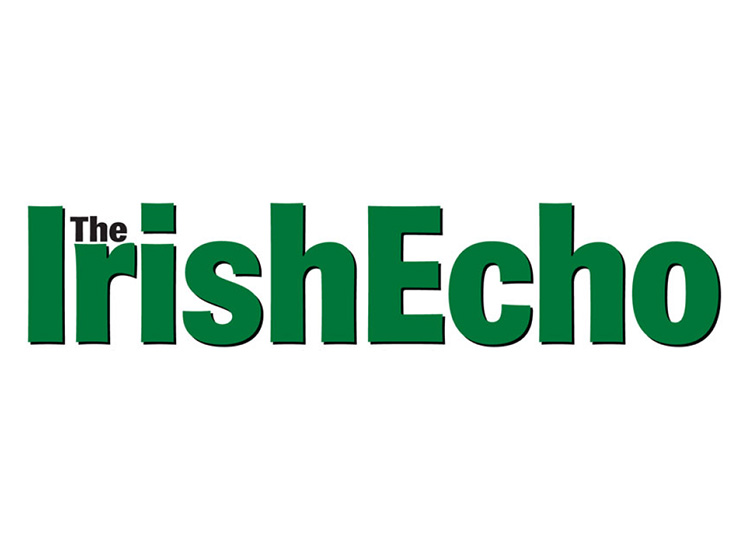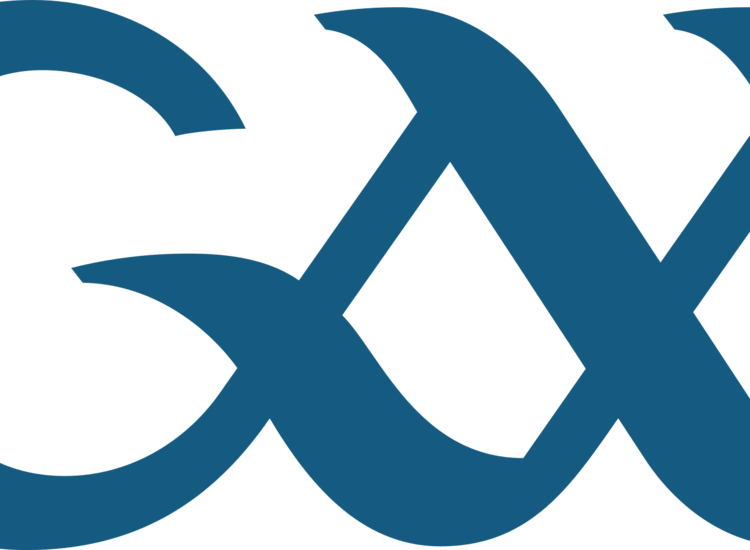By Scott Jamison
They are already calling it Ireland's "Black Thursday."
And if it's possible for the economic news to get darker, it will become all too clearly the case when the Irish government unveils its next budget, this before the year is out.
The darkest of dark appellations was quickly applied to Thursday, September 30 after it was revealed that the cost to the Irish taxpayer of bailing out deeply troubled Anglo Irish Bank could hit €34 billion. And that's just one of a half dozen Irish banks existing on growing taxpayer support. Allied Irish Bank was quickly making headlines of its own with the expectation now that the Irish state could end up owning more than 90 percent of what was once one of the Celtic Tiger's fiscal showcases.
With Finance Minister Brian Lenihan insisting that the Anglo bailout was "unavoidable," it was the opposition parties who were quick to come up with the "Black Thursday" label.
The Anglo bailout, which now takes government debt to around 100 percent of Ireland's gross national product, comes hot on the heels of what is widely viewed as being a double-dip recession, resulting from national output rising but then dropping again this past spring.
Minister Lenihan had long insisted that the debts of Anglo Irish Bank - which many property developers used during the boom period of 1997 to 2007 - were "large but manageable," even going as far as to say "the worst was over" two years ago.
However, once the figures had been released by the independent Irish Financial Regulator on Thursday, Lenihan was forced to peddle backwards.
"Yes, of course the figures are horrendous, but they will be managed over 10 years. It is an urgent and immediate priority to restore our banking system to health. Accordingly, a four-year budgetary plan incorporating the annual measures will be published in November. No additional borrowing arises this year as a result of this capital support to our banks," he said.
The economic crisis hobbling future prospects is the precise opposite of the Celtic Tiger, which saw Ireland's economy grow substantially from the mid-90s onwards.
Property was central to it, with several banks, particularly Anglo-Irish, lending substantial amounts to property developers who were building on the basis that property prices would only go one way - up.
House prices did rise dramatically, with many instances of people lining up overnight outside realtor office in an attempt to get onto the property ownership bandwagon.
That bubble has long since burst, with the Central Bank lately stating that the Republic's economy will crawl to a virtual halt this year. In its latest quarterly report, issued Monday, the bank warned that more economic bad news could tip the country into another slump.
"Against the background of sharply increased concerns about fiscal sustainability, the main priority in the short term is to ensure the 2011 budget credibly demonstrates the first step of a reprogrammed tighter fiscal plan," it stated.
The government has maintained its GDP growth forecast of one per cent for the coming year, but is set to publish new forecasts later this month.
Spending cuts in the upcoming budget are expected to hit a record with as much as €4 billion in cuts a possibility.
The severe recession and the dim prospects for a rapid recovery, meanwhile, are prompting a return of emigration on a scale not seen since the 1980s.
[PHOTO BY PHOTOCALL: Former President Bill Clinton had some words of advice for Taoiseach Brian Cowen when he visited Ireland last week.]









